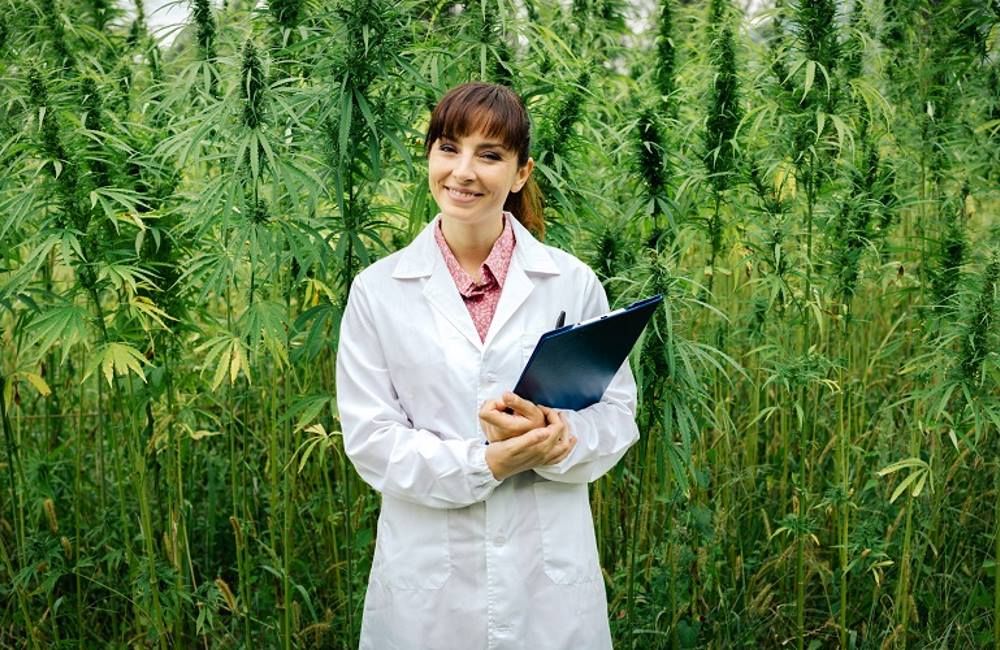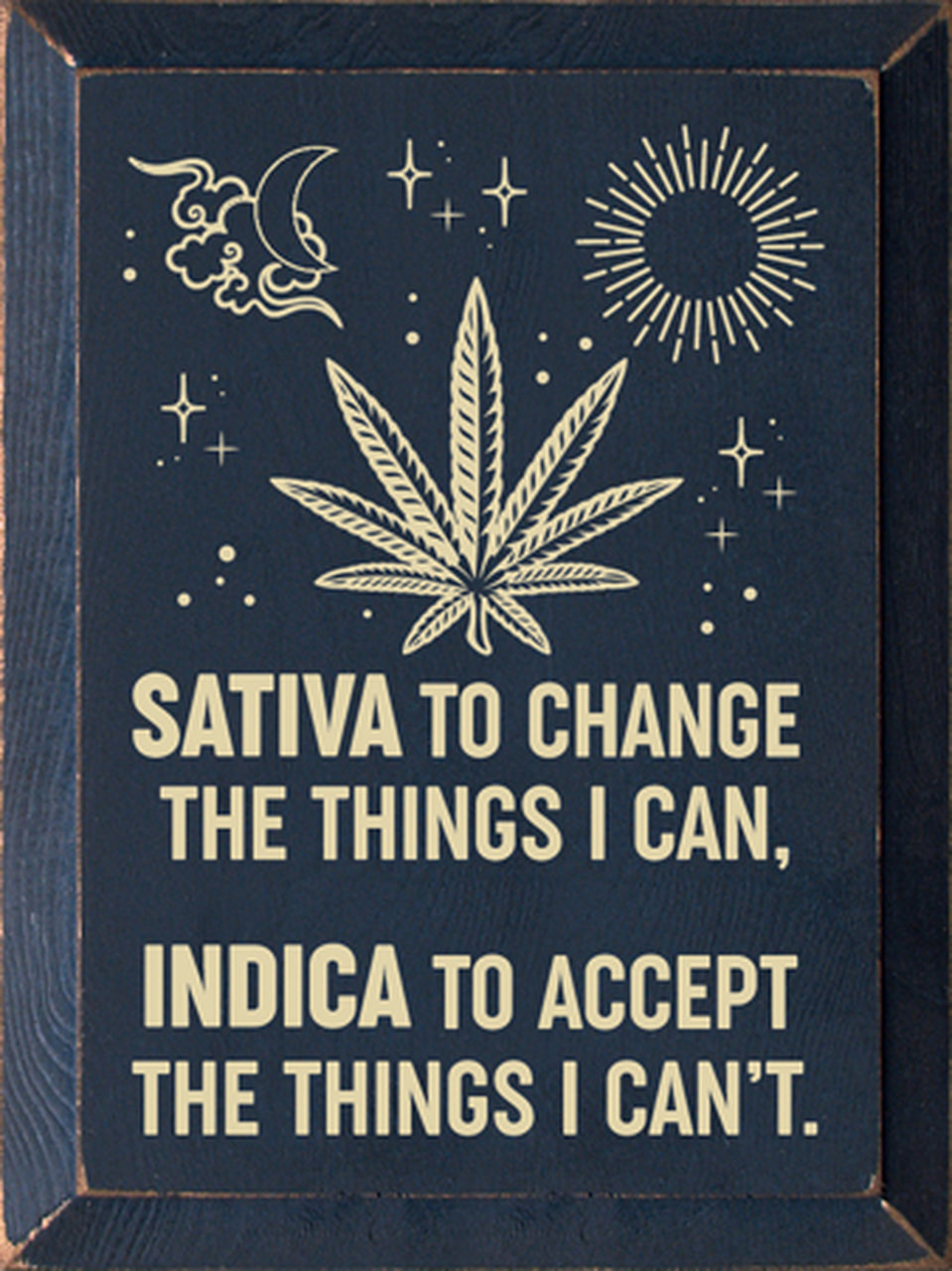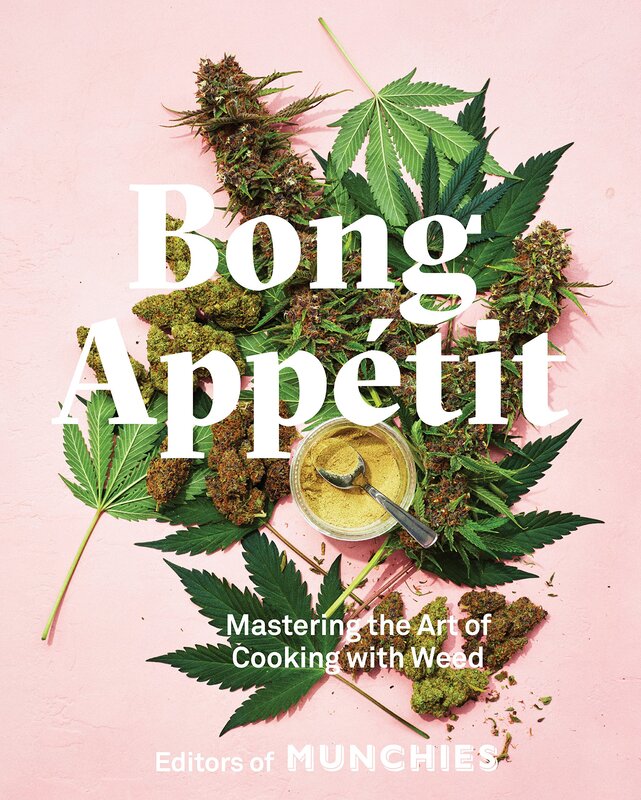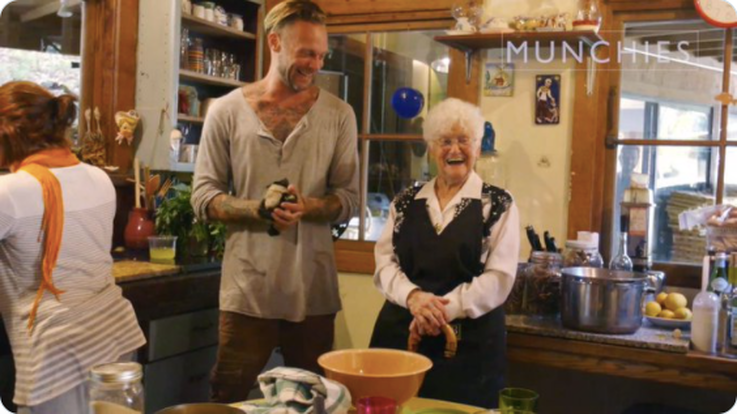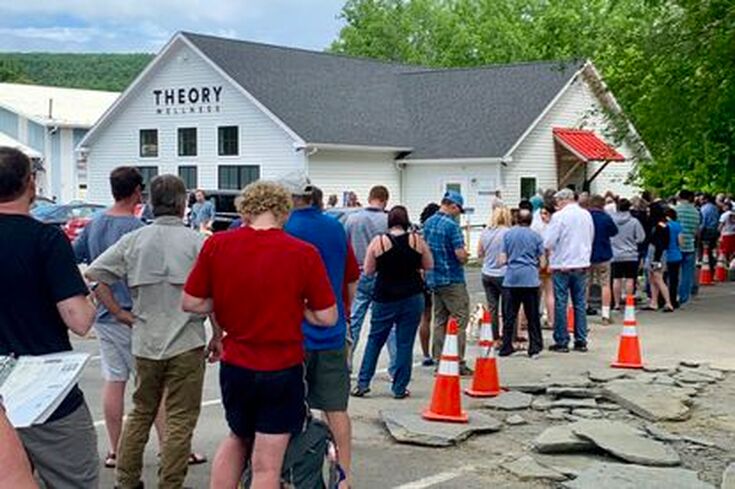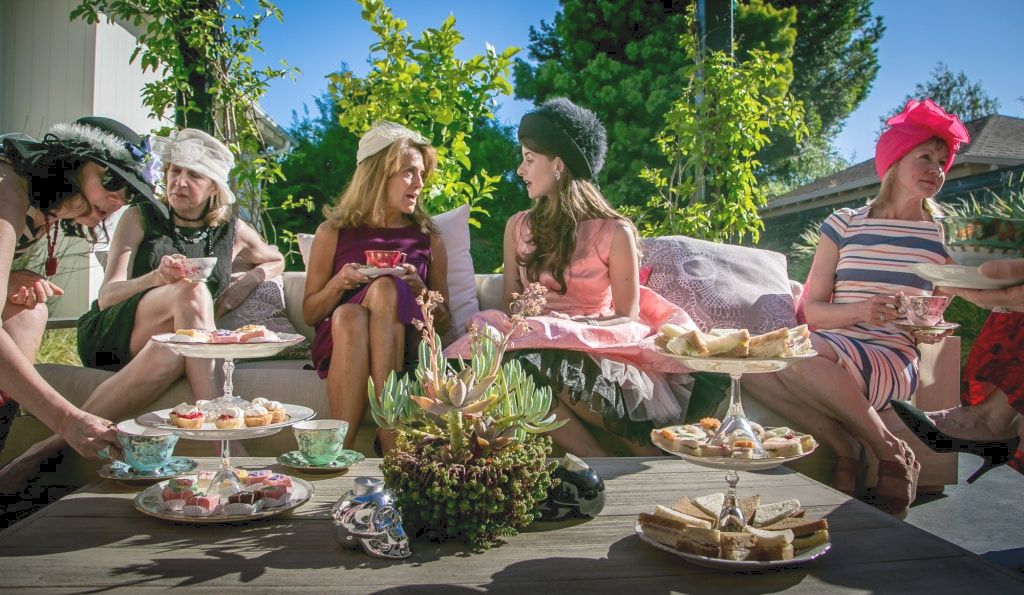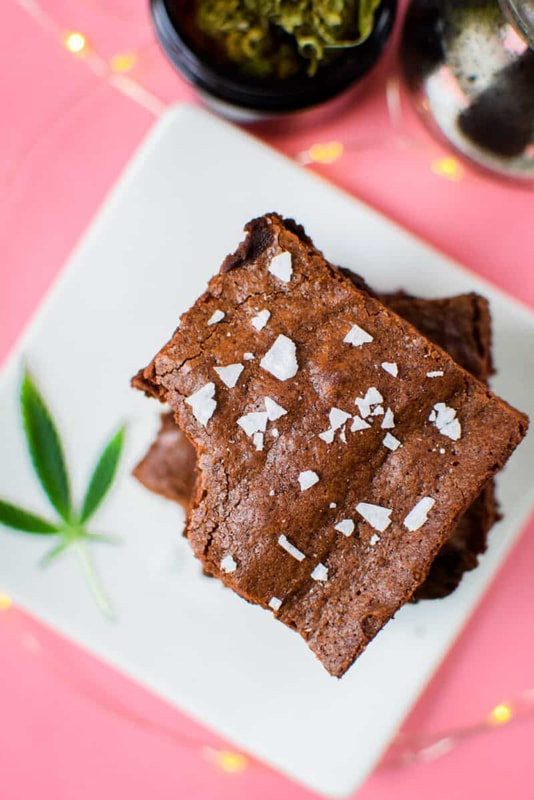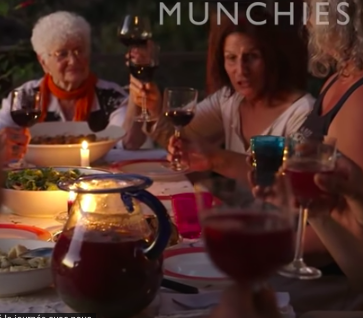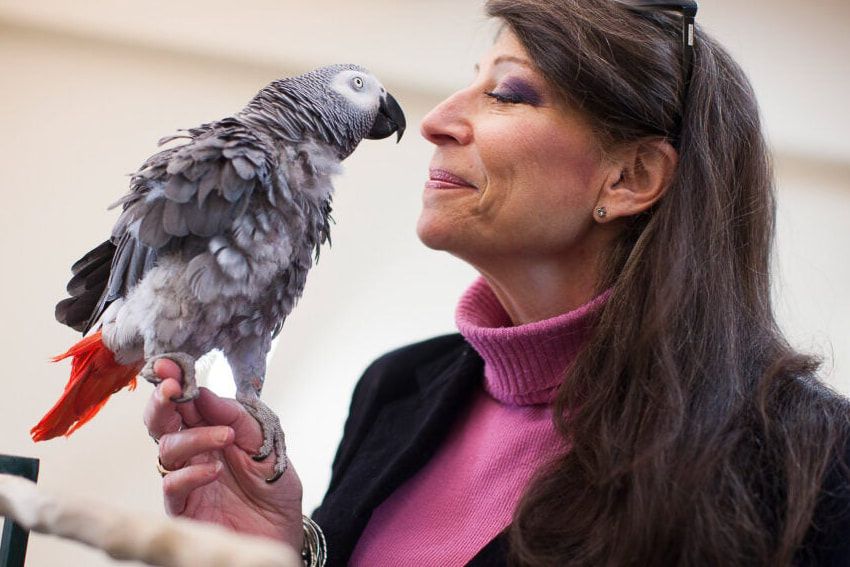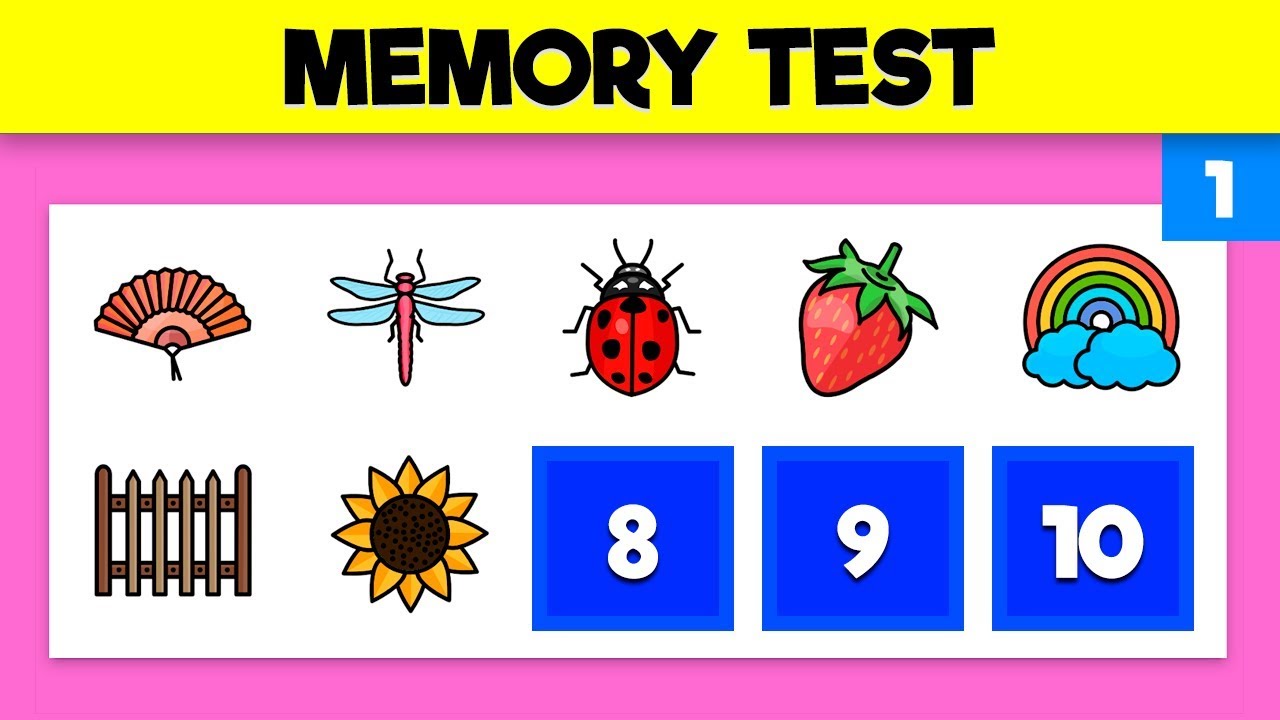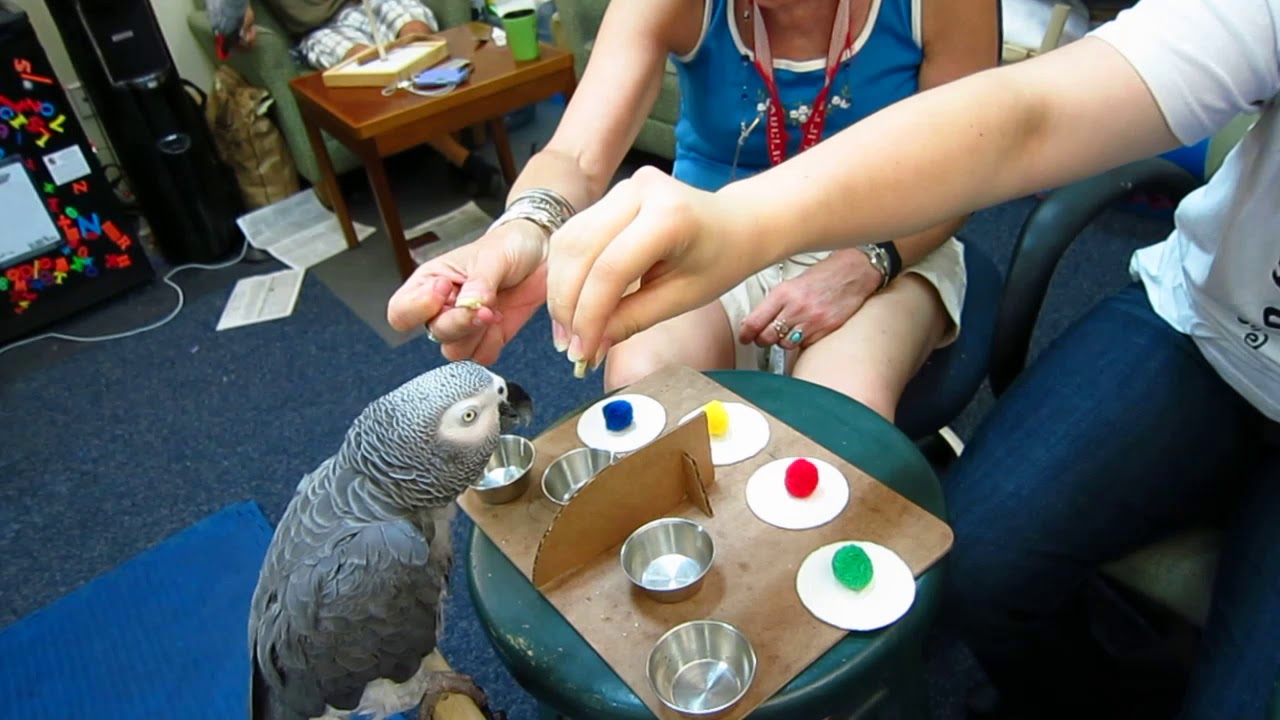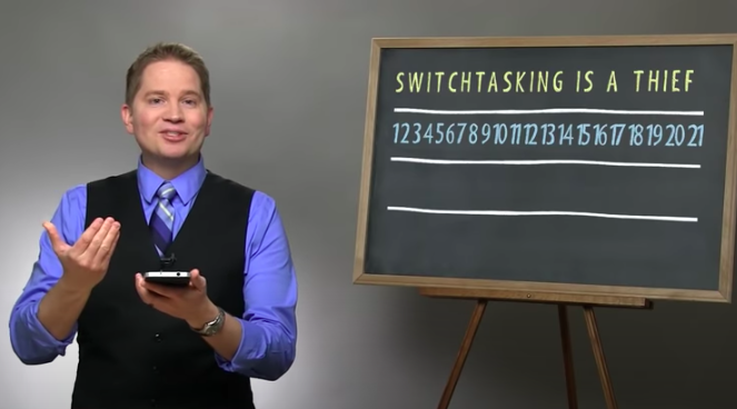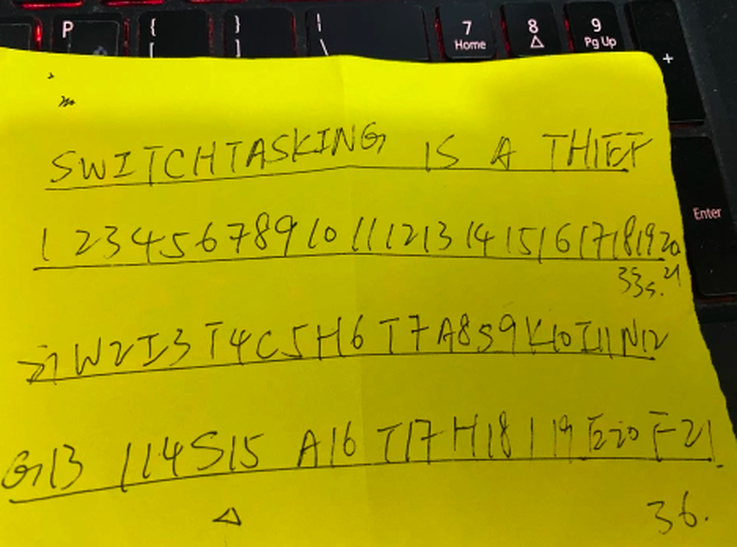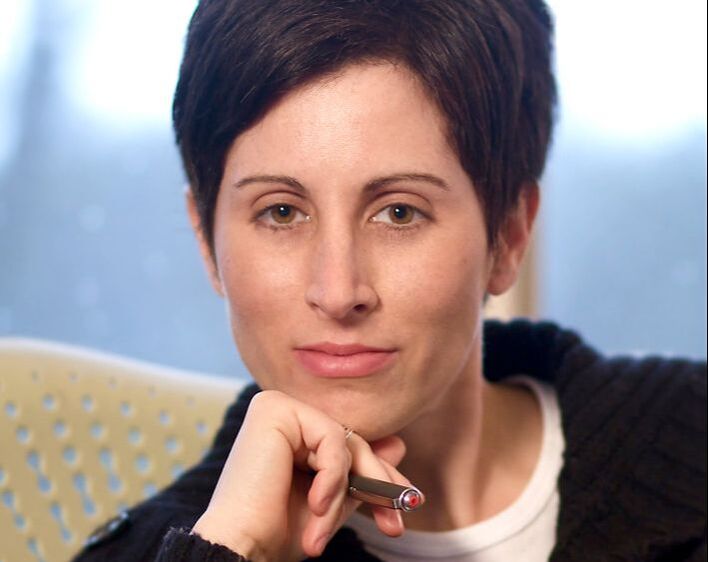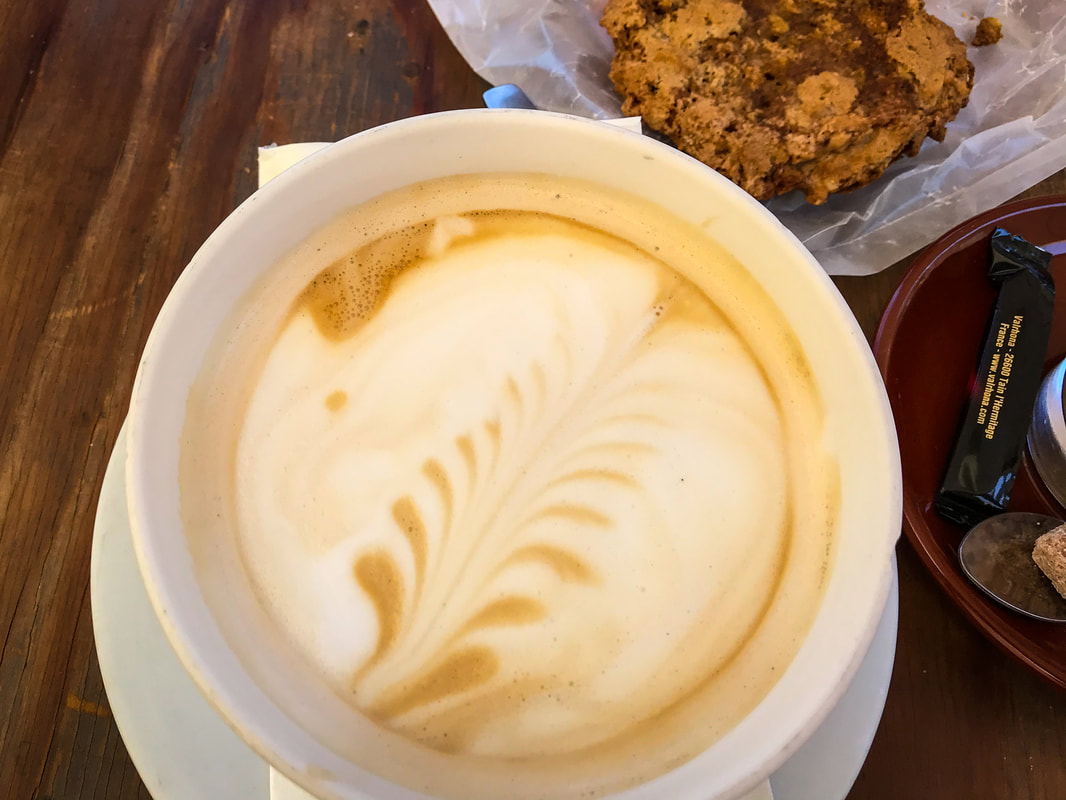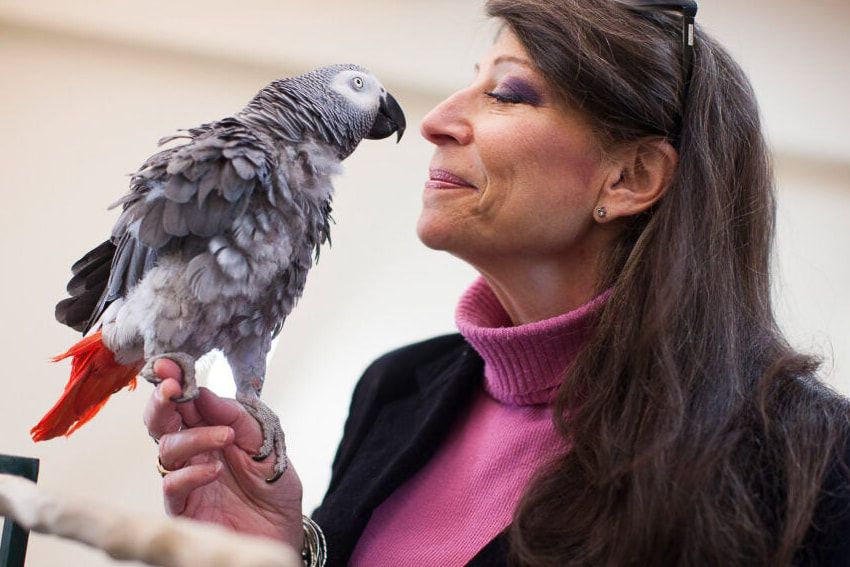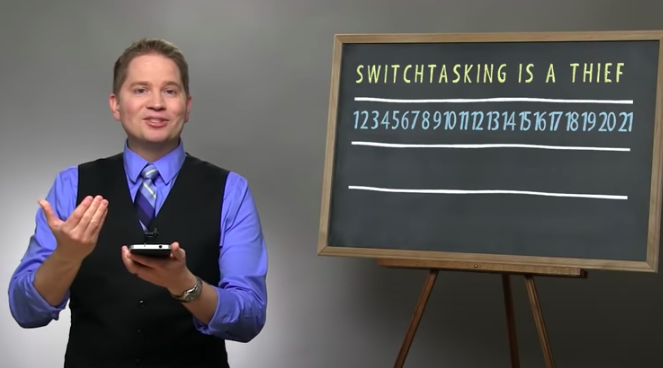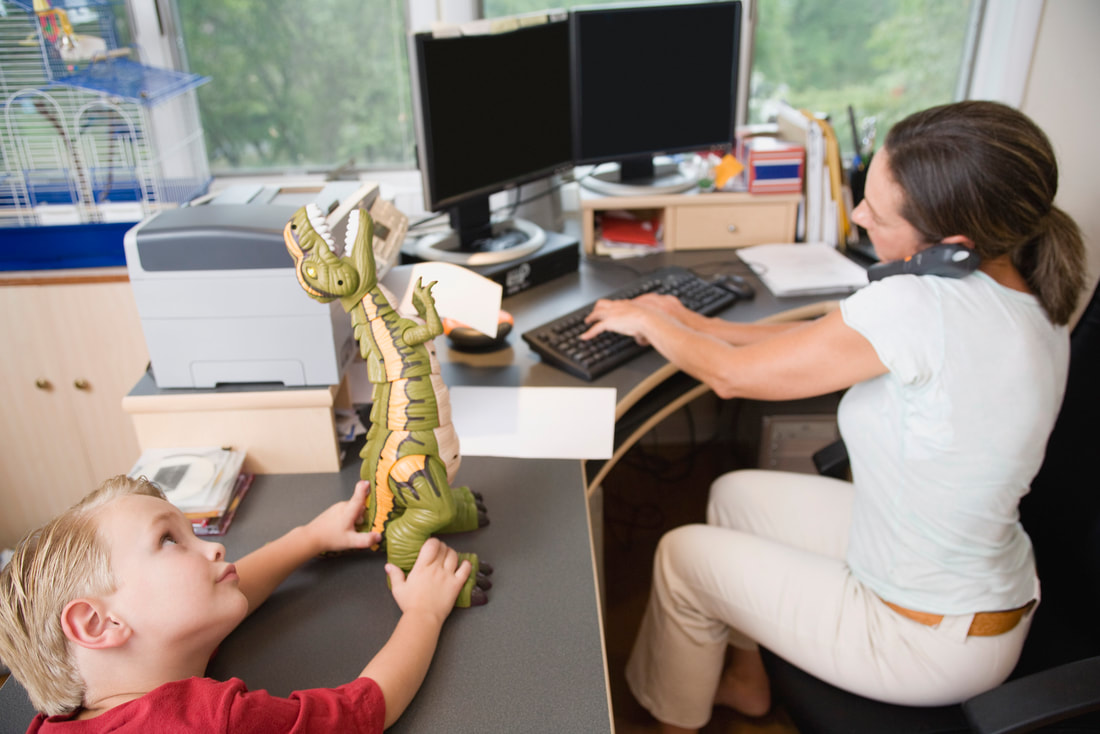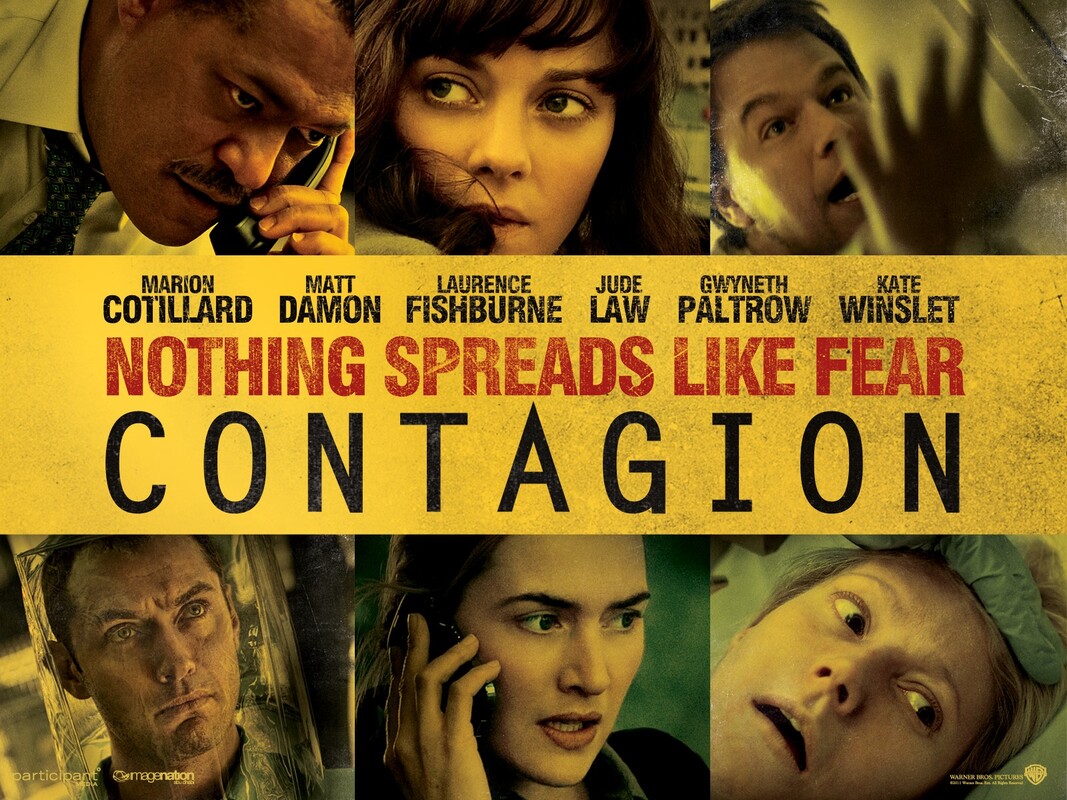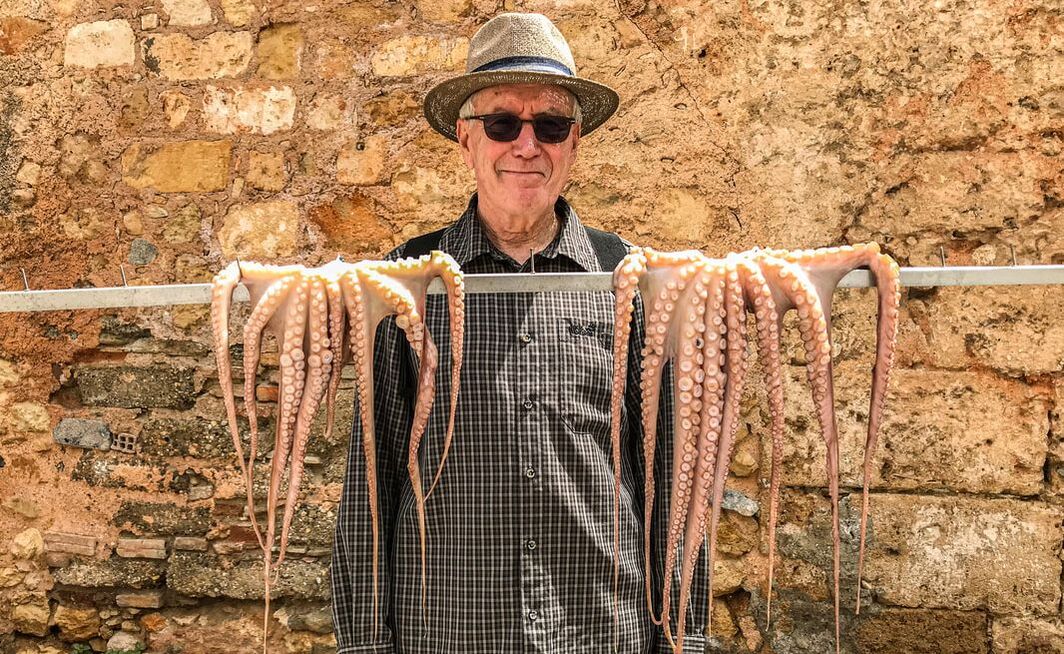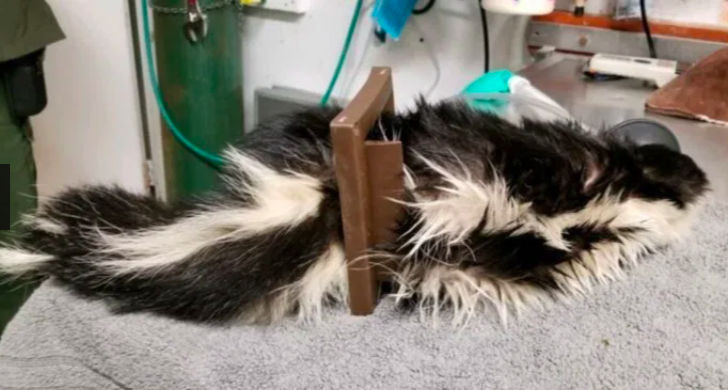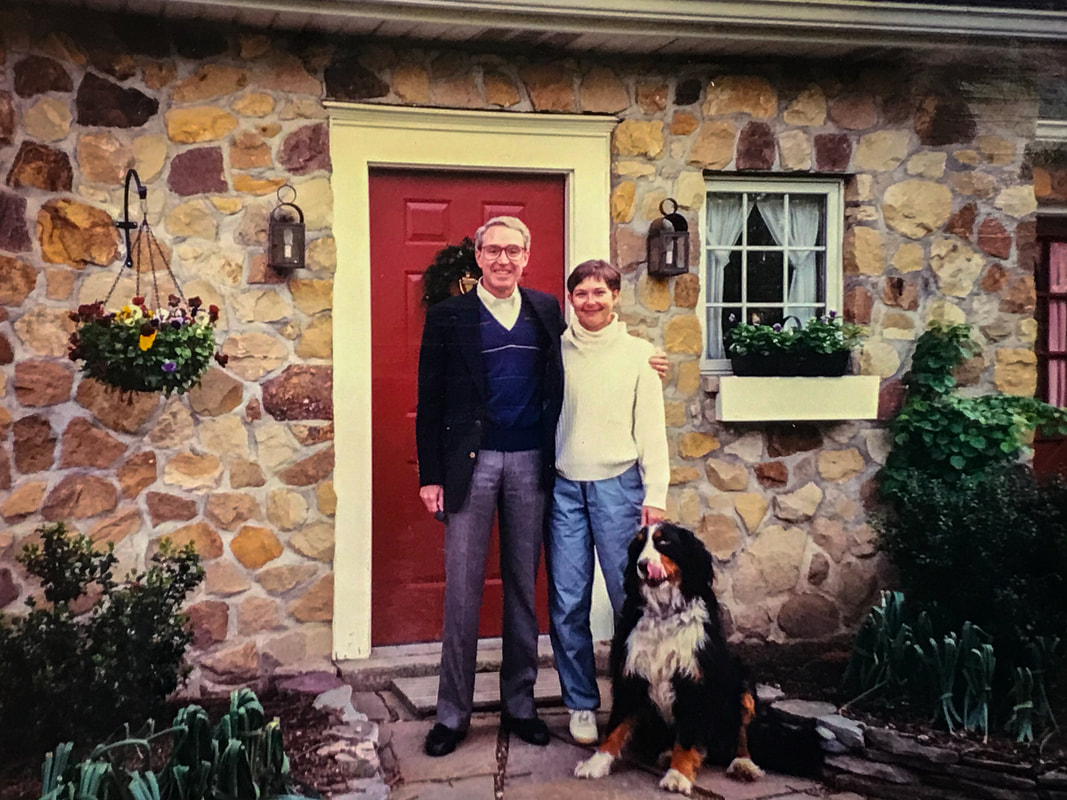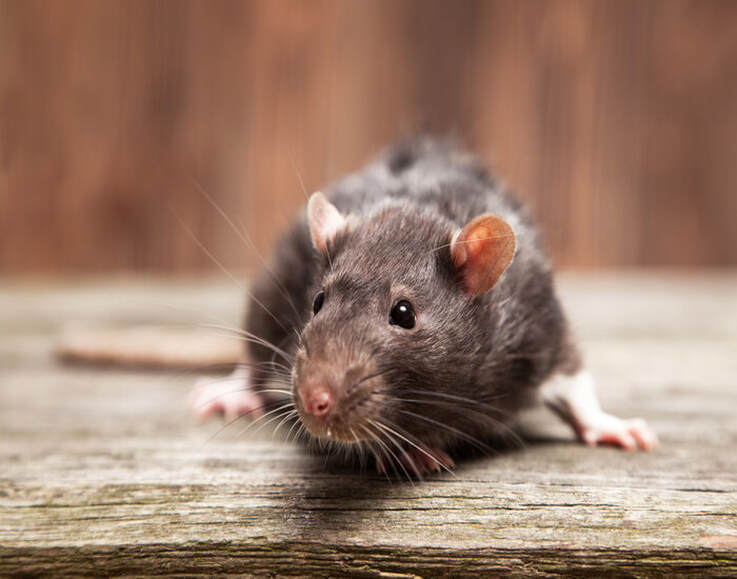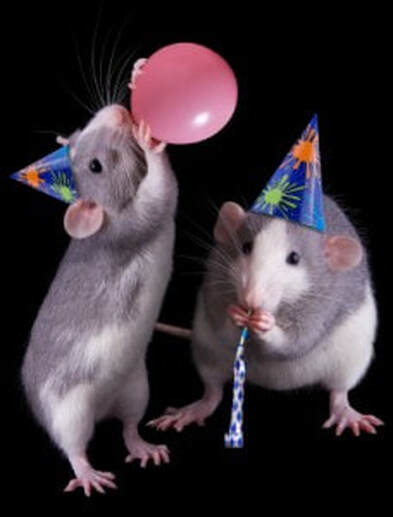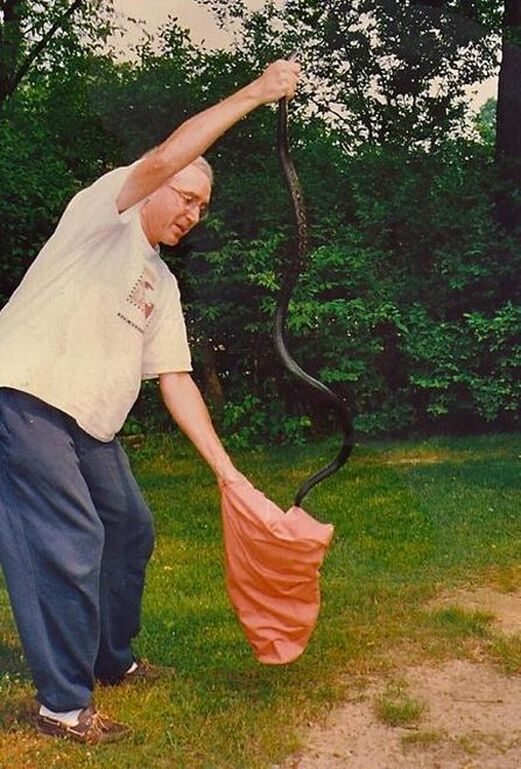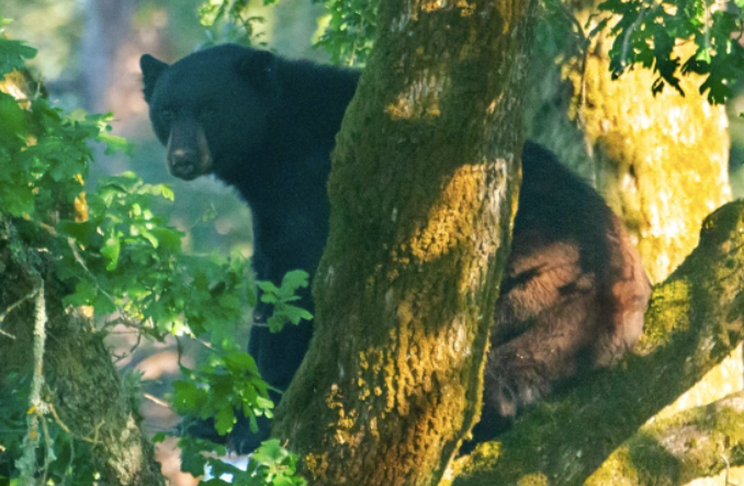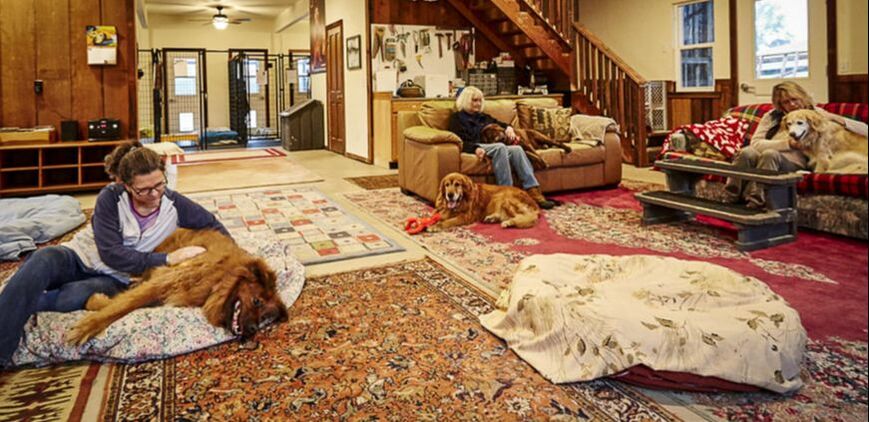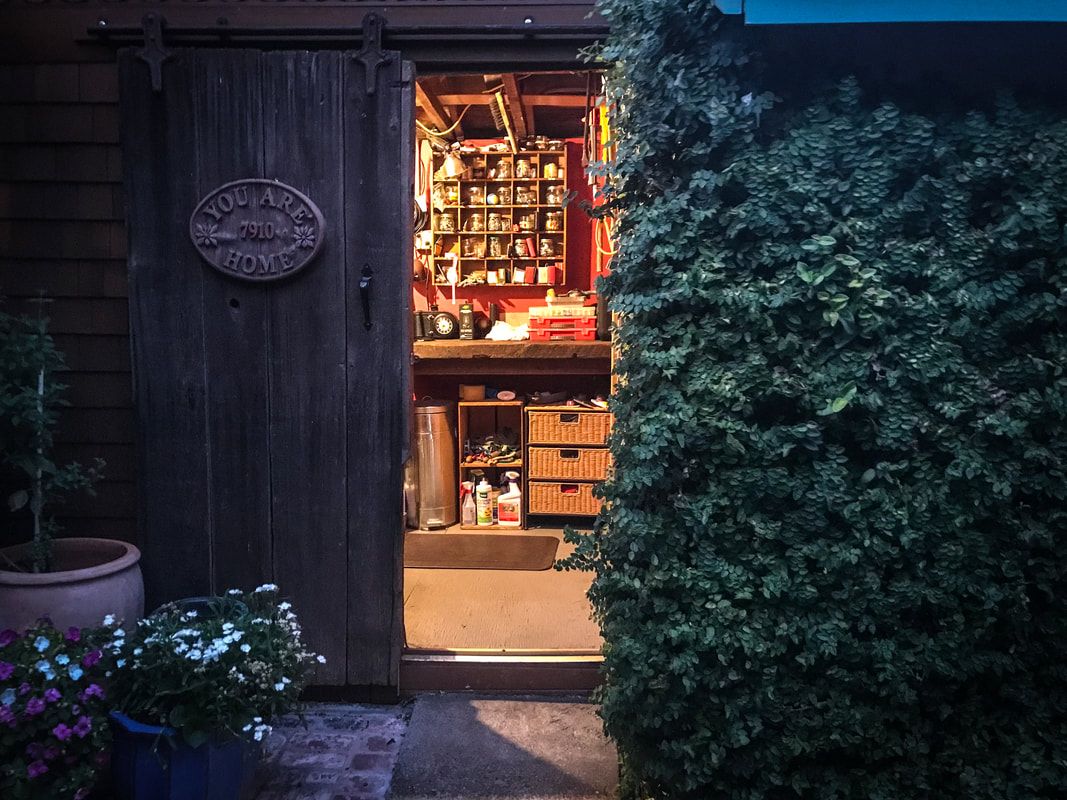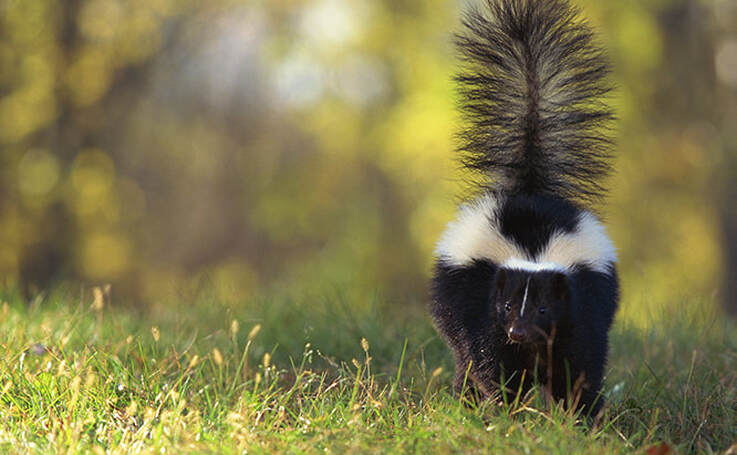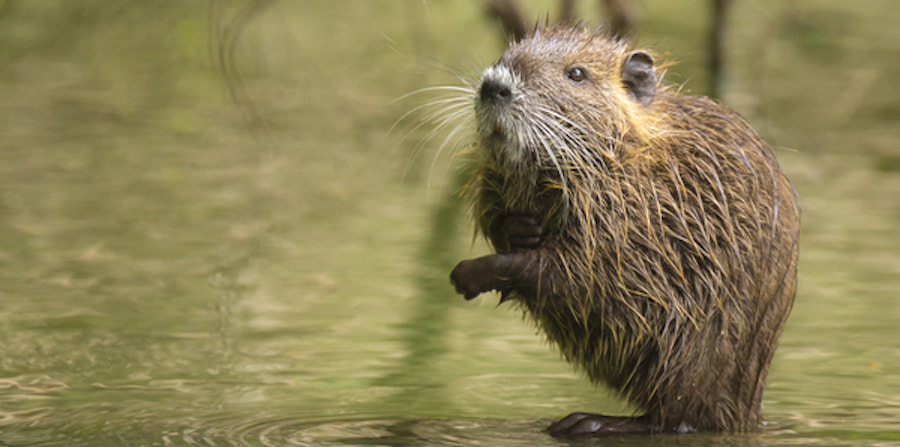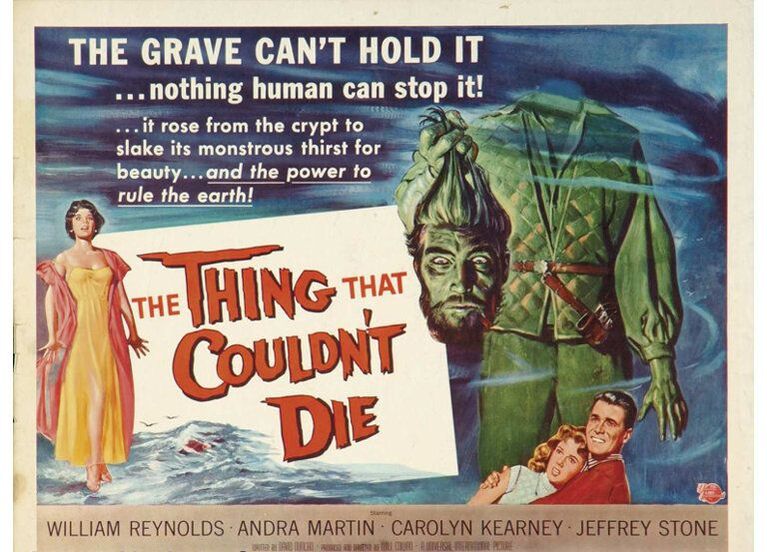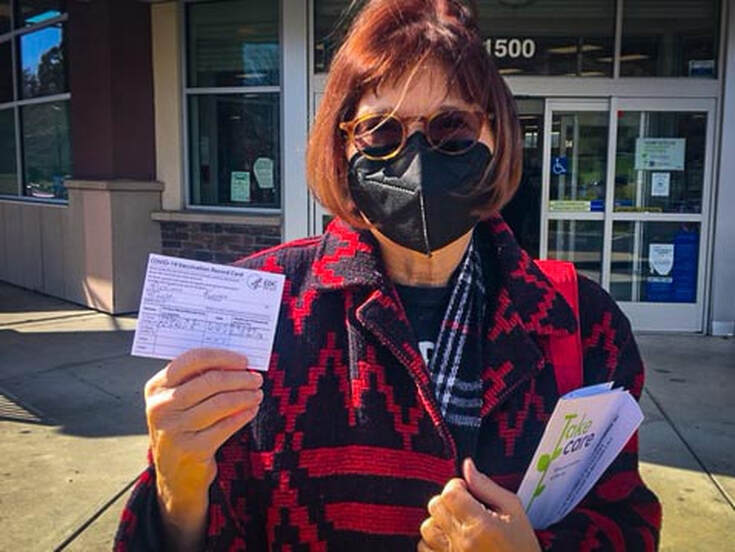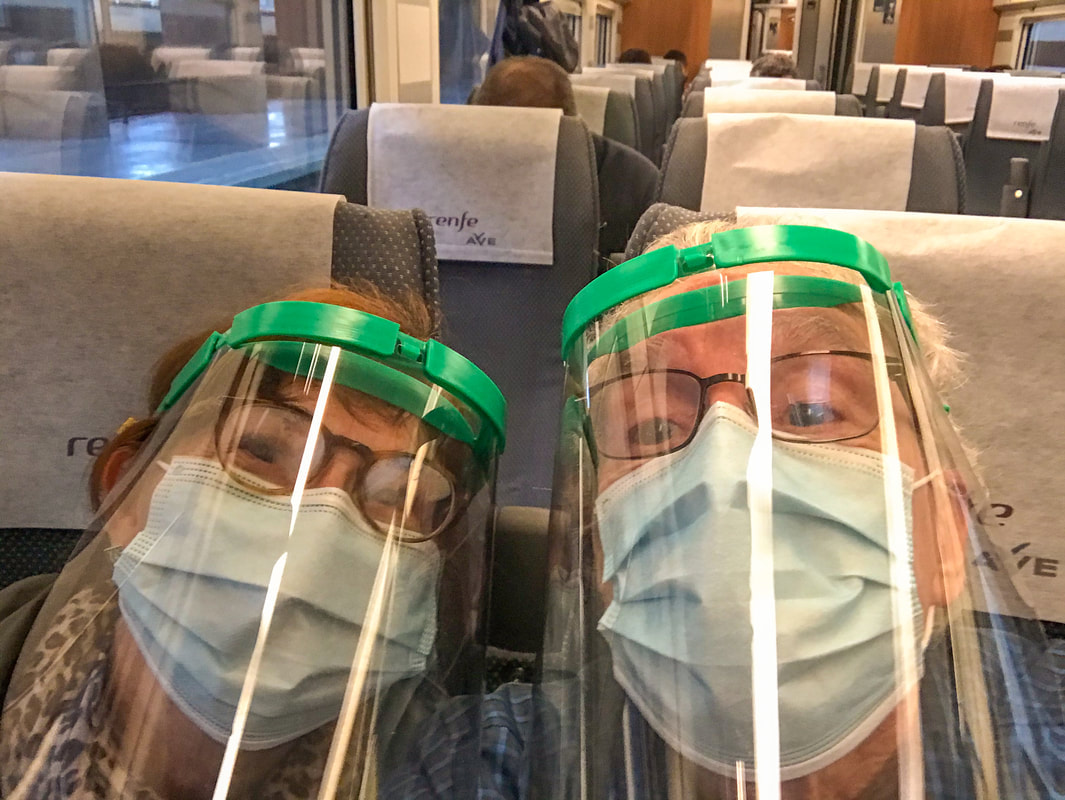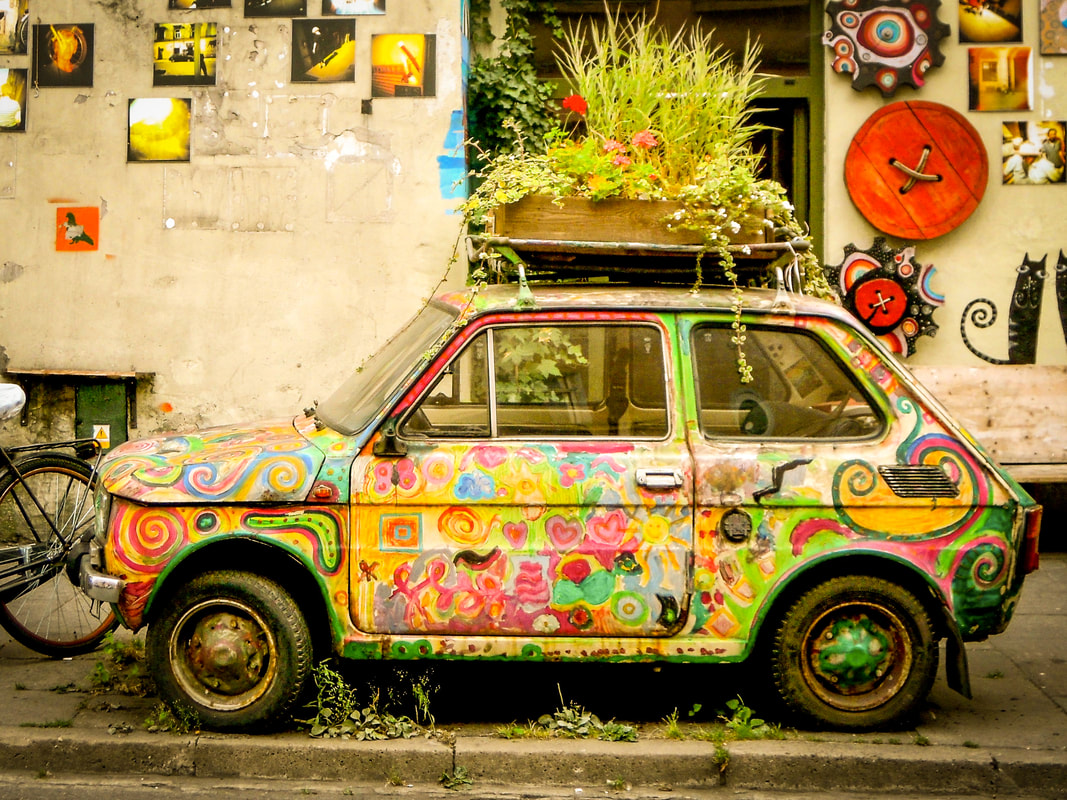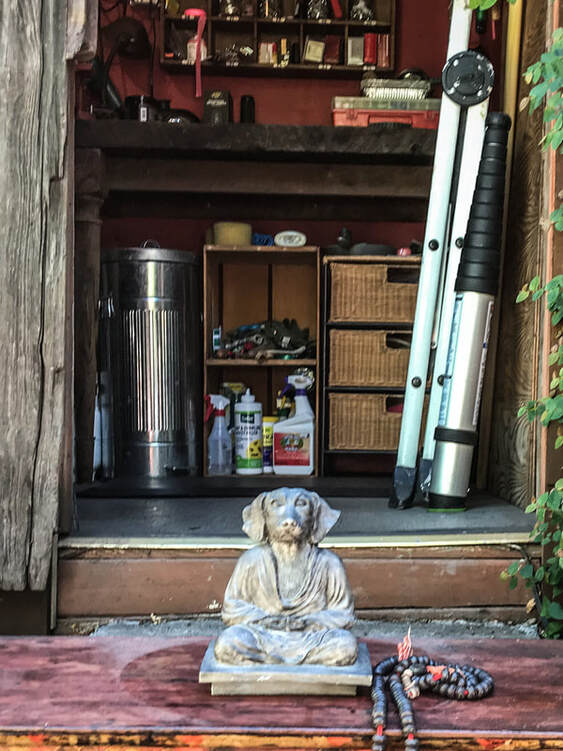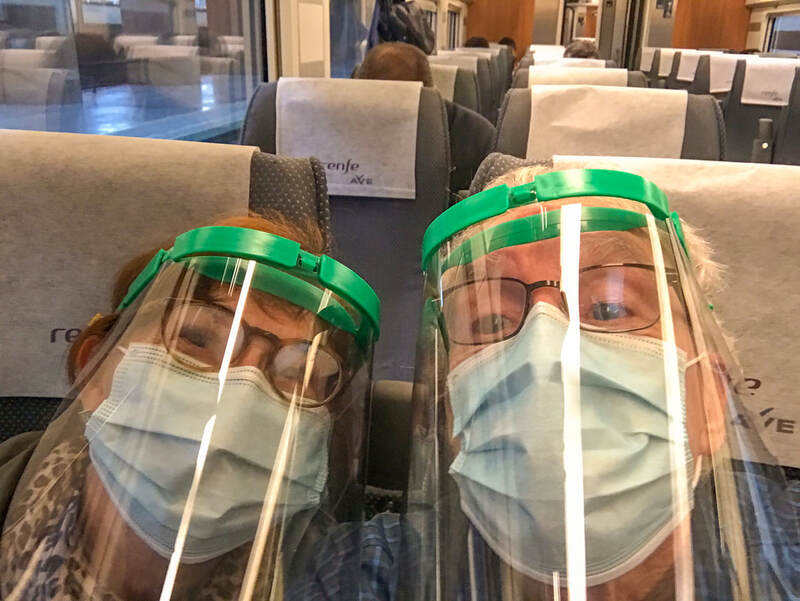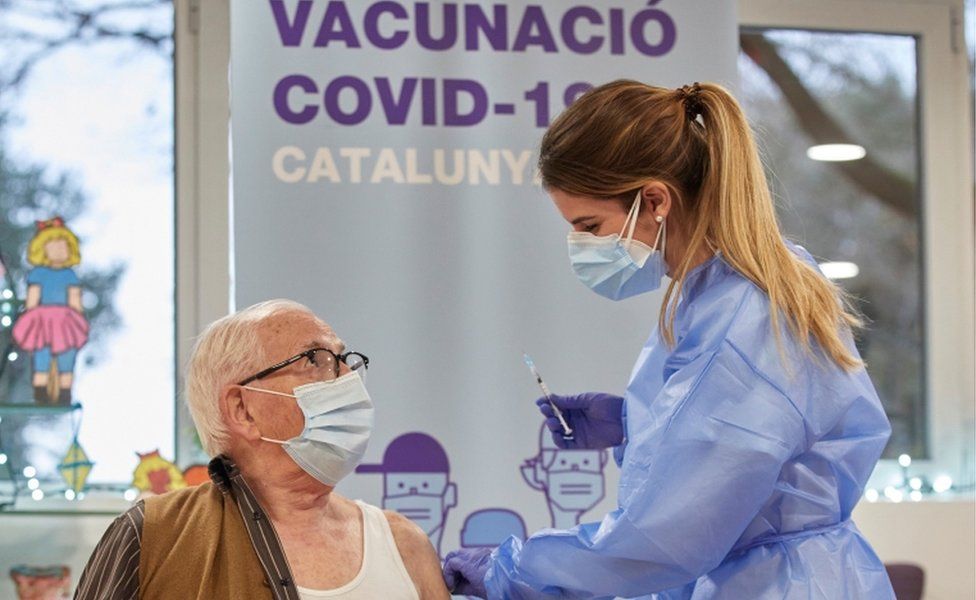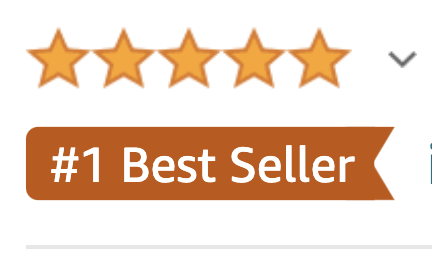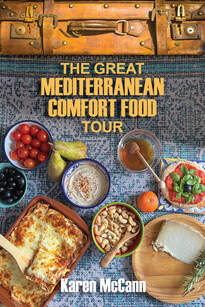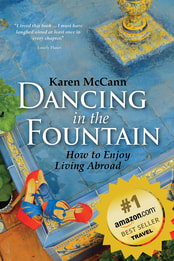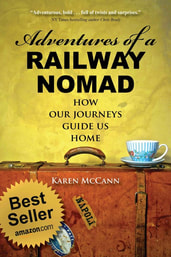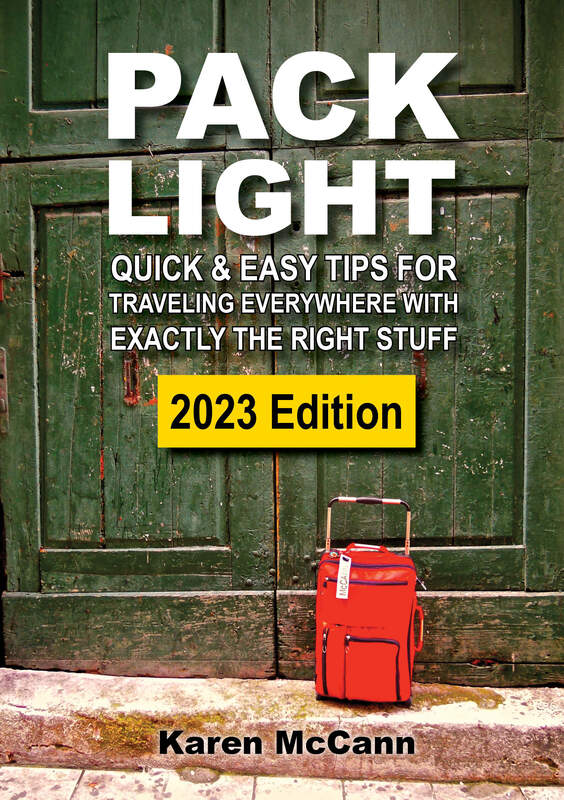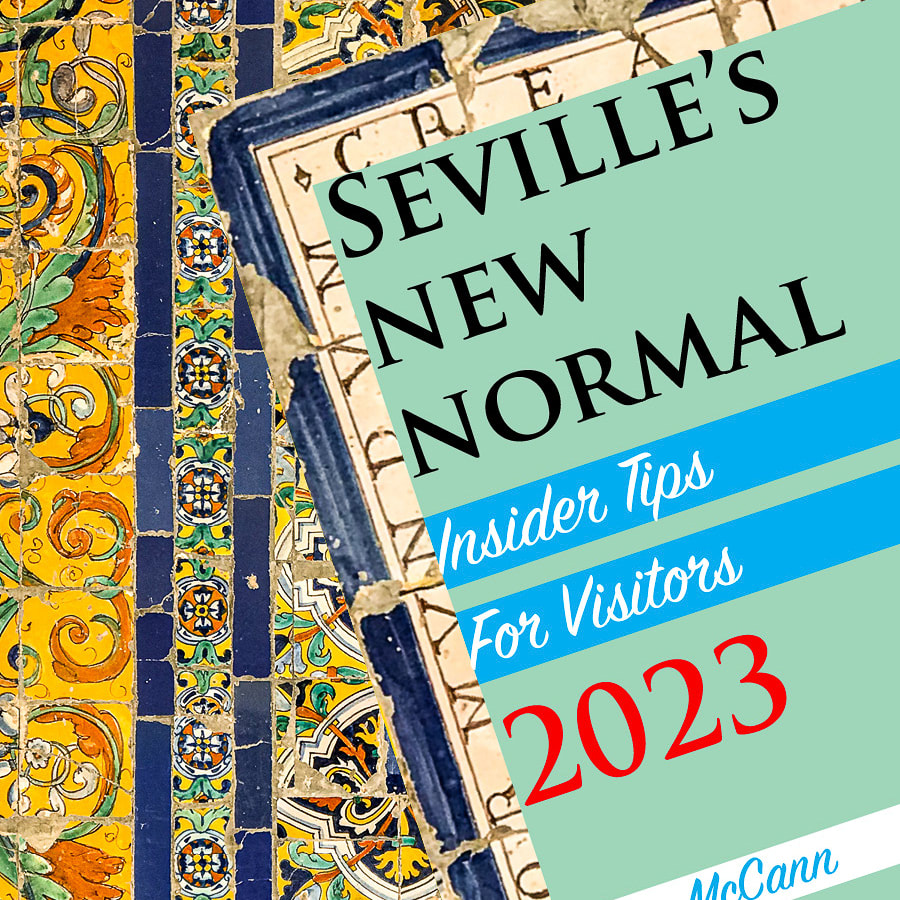|
“Oh, look, you can book marijuana-friendly lodgings through a site called Bud and Breakfast,” I said, showing Rich the ad in our free newspaper. As a travel writer, I felt I owed it to my readers to find out more about this new Airbnb-style website for potheads. The home page shows people smoking hand-rolled cigarettes while lounging around fire pits and hot tubs, looking about one toke away from drifting indoors for a night of psychedelic sex in the Jerry Garcia room. Where was all this when I was in college? And when did the weed world become so mainstream? When I tried to follow some Bud and Breakfast links, such as cannabis-friendly accommodations in Spain, I found myself on a bare-bones page with a non-stop spinny graphic and no way to advance; ah, this was the kind of work I expected from the stoner community. Some things never change. Having grown up in the era when pot-smoking was a felony, I'm still amazed to find it’s a legal, $17 billion industry you can talk about openly. This summer, a physical therapist gave me a free sample of cannabis-infused balm for twinges of arthritis in my wrist. Pals encouraged me to try gummies as well, so I called up The Nice Guys – Friendly Cannabis Delivery. Half expecting the phone would be answered by a slurred teen voice calling me “man,” I got a cheerful, competent professional who explained the difference between the strains indica (mellowing) and sativa (energizing) and recommended I try the Tart Cherry with 18 mg CBD and 1mg THC. The only old-school touch: I had to pay in cash and the driver would come in an unmarked car to my home or the street corner of my choice. Unfortunately, the gummies made me sluggish and a little dizzy, which was worse than the twinges, and the cannabis balm didn’t really do the trick. So I went back to Tylenol and my heating pad. Others, apparently, are having better luck with the bright new pot industries, especially the edibles. I was curious about how marijuana cuisine had advanced since the traditional pot brownies (also known as “wownies,” and “space cakes”). And that led me to Bong Appétit. An offshoot of the more conventional cooking show Munchies, Bong Appetit explores the myriad ways to use cannabis in the kitchen. The first episode is just what you’d expect: a couple of young guys with amusing hair and lavish tattoos brewing cannabis cocktails in a slick LA setting. But the second episode is a real gem: Nonna Marijuana’s Italian Feast, in which the 91-year-old shows us how to make weed-infused butter that can add a little extra zing to any dish. Decades ago, Nonna's daughter Valerie suffered grand mal seizures, and when traditional medical treatments failed to help, pot provided real relief. Valerie became a champion of legalizing medical marijuana. And Nonna (who never uses pot herself, saying “It doesn’t agree with me”) developed recipes such as marijuana chicken cacciatore (aka “pot-cciatore”) and gnocchi drizzled with ganja butter. In the video, Nonna puts Matt, Bong Appétit’s reporter, to work mashing potatoes for the gnocchi. He does such a good job, she cackles, “You’d think I just had sex. Look at this satisfied look I have on my face!” I believe Matt actually blushes. Eventually the feast is ready and a group gathers at a long table with candlelight, Italian music, and Nonna's culinary creations. By the time dessert comes around, Matt is helpless with laughter. “Maybe it’s a little too strong,” says Valerie, eyeing the marijuana ice cream she's passing to him. “This could cure cancer.” “I can’t even swallow it,” Matt gasps, going off into more guffaws. Now, I know what you’re thinking. Weed-infused butter? Ganja ice cream? This sounds like a pretty fattening lifestyle. But according to Innovations in Clinical Neuroscience, published by the National Institutes of Health, a couple of rather flabbergasted doctors discovered that in “large epidemiological studies in the general population, findings consistently indicate that users of marijuana tend to have lower body mass indices than nonusers.” Yep, potheads are thinner than the average abstainer. Go figure. The doctors were quick to point out that these “paradoxical and somewhat perplexing” results could be due to a variety of factors, such as how much pot you smoke, metabolism, etc. They note underweight people can rely on pot to stimulate their appetite and help them fatten up. But the fact remains that potheads tend to be skinnier than most. The docs seemed so uncomfortable with the findings that I pictured them wiping their brows as they typed the final recommendation that further research was needed. I don’t think they’ll have any trouble finding volunteer subjects. While nobody’s seriously recommending pot for weight loss, other therapeutic uses abound. A couple of enterprising women here in Marin County, CA launched Kikoko, a line of marijuana infused teas that let you order by the desired state of mind. Product descriptions include “I’m prone to worry and have anxious thoughts” (who doesn’t these days?), “I just want to go to sleep,” and the ever-popular “My sex drive needs a re-boot.” Before you reach for your wallet, I have to break it to you that these teas can only be purchased in California, at least for now. Similar products may be available in your area, if you live in one of the 35 states where pot’s legal. Marijuana won’t solve the world’s problems; it probably won’t even make you thinner. But it can offer a little relaxation in these jittery times, when everyone is running scared, “coronasomnia” is on the rise, and young couples report having less sex thanks to pandemic depression and anxiety. (I know, what a bunch of lightweights. Kids today!) Whether we partake in the Bob Marley room of a treehouse, at an Italian feast, or on our own back porch with old pals, marijuana is now (in most states) a civil liberty. Let the good times roll. Have you been exploring the newly legal marijuana travel and food industries? What have you discovered? Please share in the comments section below. Also, I haven't tried this cannabis brownie recipe; if you do, I want a full report. YOU MIGHT ALSO ENJOY CLICK HERE FOR MORE
of my weekly commentary on travel, culture, good eats, and survival comforts. FEEL FREE TO SHARE this article with family, friends, and anyone interested in the new, respectable world of weed. https://www.enjoylivingabroad.com/my-blog/does-marijuana-make-you-thinner
42 Comments
So this friend of ours is entertaining a group of clients at a posh restaurant. Late in the wine-soaked evening he goes to the restroom, then forgets he has a tableful of guests awaiting his return, sends the valet for his car, and drives home. We can only wonder how long the others waited, what sentiments they expressed as they settled the bill, and whether they were soon ex-clients. I like to recall that story whenever I do something particularly foolish and forgetful. Which happens more and more often, and not just to me. Nowadays what mind isn’t reeling from the latest alarming news about the Delta variant, Afghanistan, hurricanes, floods, wildfires … need I go on? Being distracted by catastrophes undermines our focus and efficiency, so when I occasionally misplace my reading glasses, I know it’s normal and not a sign that I’m losing my memory or my mind. (No, it's not!) So I wasn’t worried a few weeks ago when I went in for my annual physical, which included a memory test. “Remember these three words,” my doctor said. “Popsicle, banjo, giraffe.” As regular readers will recall (or maybe not, depending on your level of distraction today) Rich’s memory course taught a visualization technique. I pictured myself eating a popsicle and holding a banjo while riding on a giraffe. Then I thought, maybe the giraffe should be playing the banjo. No, not with hooves. Could he be eating the popsicle, so I could play the banjo? Did giraffes like popsicles? Weren’t they leaf-eaters? My doctor’s voice faded to “blah-blah-blah cholesterol blah-blah-blah” as I pondered these questions. And then he said, “So what were those three words?” My mind went blank. Hooves? Leaves? “Popsicle,” I managed. “Uh, banjo…” I paused, then finished triumphantly, “Giraffe!” “Don’t worry,” he said kindly. “You pass if you get even one right.” Whew! While I was congratulating myself on acing this modest test, I happened upon an article about Griffin, a parrot famous for feats of memory. Harvard researchers created a version of the shell game, putting different-colored pompoms under cups and shuffling them around, then naming a color. If Griffin identified the cup concealing that color pompom, he got a cashew. Griffin outperformed human first-graders, then Harvard undergrads — arguably some of the smartest minds on the planet. Not bad for a birdbrain! Boy, was I glad my doctor didn’t test me against Griffin. But if I wanted to measure my mental acuity, I wondered, were online resources available? Yes, but I should be very careful about unqualified, unscrupulous, predatory websites that were just out to frighten me into spending money, warned “Online Memory Tests You Can Trust.” This public-spirited message was frequently interrupted by banners saying “Need a mental lift? This brain supplement can do that” and “Personalized music boosts focus time up to 400%” with links to sponsored “product reviews” that read like hymns of praise and rapture. Could this be a case of the pot accusing the kettle of using scare tactics to profit at my expense? I did find one elegant test designed to debunk a productivity myth affecting memory: multitasking. More accurately called “switchtasking” — that is, alternating rapidly between jobs — this so-called productivity booster actually slows work speed, results in sloppy work, and fries our brains. In fact, a University of London study found those who multitasked during a cognitive test showed the kind of IQ drop you’d find after smoking pot or staying up all night — reducing their scores to the average range of an eight-year-old child. But don’t take my word for it (or the University of London’s). Try this test. First, time yourself writing “Switchtasking is a thief” on one line and the numbers from 1 to 21 on the next. You might need 30 seconds. Next, try writing the same thing, but switching back and forth between two lines. First write the letter “S”, then drop to a lower line and write the number 1, then go back up to write the next letter, down for the next number, etc. This typically takes 60 seconds and becomes so riddled with errors it looks like the work an eight-year-old, or possibly your dog. Obviously multitasking isn't helping. So how can we corral our scattered brains? For a start, we can use commonsense tools like leaving ourselves notes, making lists, and checking online for facts that elude us. “Many of you are worried that if you use Google to look up your blocked words then you're cheating and contributing to the problem, weakening your memory. You're worried that Google is a high-tech crutch that's going to give you digital amnesia. This belief is misinformed,” says neuroscientist Lisa Genova. “You don't have to be a memory martyr. Having a word stuck on the tip of your tongue is a totally normal glitch in memory retrieval, a byproduct of how our brains are organized. You wear glasses if your eyes need help seeing, you have my permission to use Google if a word is stuck on the tip of your tongue.” What warning signs suggest a bigger problem? “If you start forgetting common words frequently,” explains Genova. “So if I'm like, ‘Oh, what's the name of the thing you write with? The thing you write with. What's that?’ ‘Pen?’ ‘Yeah’ — if that starts happening, that could be something. Doesn't have to be Alzheimer's. There are lots of reasons for having issues with retrieving memories, making new memories. It can be sleep deprivation, it could be B12, it can be lots of things.” If this happens to you often, write a note saying “Schedule a checkup” and tape it to your phone. For those of us experiencing low-level lapses, self-care is the key. Among my top remedies are travel and getting plenty of exercise (which often go hand in hand). When it’s not practical to journey far, experts recommend learning a new language, making music, dancing, taking an art class — basically anything that gets the neurons fired up and connecting in new ways. Diet can help; make sure, for instance, you’re getting enough memory-supporting vitamin B12, which for me means including fresh fish and eggs in my largely plant-based diet. For energy, I do yoga and qigong — and I drink coffee, which studies show improves alertness, attention, and concentration. Chocolate helps too, obviously. OK, time for a pop quiz: What were the three words my doctor asked me to remember? If you recalled even one, you’re doing great. If you decided not to be a memory martyr and scrolled back to check, you’re doing great. In fact, if you can still remember what a pen is, you’re doing great. Chances are there’s nothing wrong with your memory that a saner world wouldn’t soon put right. Sadly, the chances of that happening are slim to none, at least for now. But take heart. If you haven’t driven off into the night leaving a tableful of clients in the lurch, you’re still ahead of the game. And now a few words from Einstein, the Talking Parrot. YOU MIGHT ALSO ENJOY CLICK HERE FOR MORE
of my weekly thoughts on holding onto some shreds of our sanity as we enter Day 530 of the pandemic. FEEL FREE TO SHARE this article with family, friends, and anyone who claims multitasking is making them more productive. https://www.enjoylivingabroad.com/my-blog/feeling-like-a-birdbrain-nothing-wrong-with-that How many times have you walked into the kitchen and wondered why you were there? Can’t remember? Can’t count that high? Can’t even recall what the question was? Don’t worry, this kind of forgetfulness is perfectly normal at any age, says neuroscientist Lisa Genova. The culprit isn’t memory loss, it’s distraction. We’re simply not paying enough attention to make those moments stick in our minds. “I often drive from Boston to Cape Cod,” Genova says. “About an hour into this trip I cross the Sagamore Bridge, a really big, four-lane, cannot-miss-it structure. And then about 10 miles and a mere 10 minutes later, I'll suddenly wonder, wait, did I already go over the bridge? I can't recall going over the bridge because that memory was never created in the first place. It's not enough for my senses to perceive information. My brain can't consolidate any sensory information into a lasting memory without the neural input of attention. So because I've driven over that bridge countless times, and because I was probably lost in thought or listening to an audio book so my attention pulled elsewhere, the experience of driving over it slipped out of my brain within seconds, gone without a trace.” I often cross bridges over San Francisco Bay — including the iconic Golden Gate — and minutes later I’m trying to figure out where I am and if the bridge is already behind me. I’m usually with Rich at such moments, so I tell him it’s because he’s such a scintillating conversationalist, but I’m not sure he’s buying it. Thankfully, we can all stop worrying about such lapses. “Your memory is not a video camera recording a constant stream of every sight and sound you're exposed to,” Genova says. “You can only remember what you pay attention to.” Paying attention is a lot more difficult than it used to be, and I’ll give you three guesses why. Yep, you got it in one: the pandemic. The BBC reports 80% of us are experiencing some memory loss these days, as tested by such questions as “Did you forget to tell people something important?” and “Did you start reading something only to realize you’d read it before?” Of course, going by that, I’ve been experiencing memory loss since … I can’t remember when I didn't do it. But yes, it happens more often now. I’m not the only one. “I had a great idea for something to put in your memory post,” Rich said at breakfast. “Only I can’t remember what it is.” This may sound like memory loss, but it’s fragmented attention. While we’re doing other things, our minds are busy processing the latest terrifying headlines about the Delta variant and stressing about whether to cancel plans to attend that wedding in Florida. It’s like our brains have become the guy at the meeting who’s constantly texting under the table and can’t keep track of anything we’re discussing. To “tame the monkey brain” as the Buddhists put it, a Harvard Health article suggests, “Establish some control over your situation.” Gosh, why didn’t I think of that? Just stop this pesky virus from spreading. That shouldn’t be too hard. What else? “Get a good night’s sleep.” If only! Who can sleep easy knowing that the Doomsday Clock, which Einstein created to measure how close we are to global catastrophe (represented by midnight), currently reads 23:58:20? My point is, there’s plenty to worry about without fretting about memory loss as well. Most people can remember, at best, five to eight days out of the previous year (and considering our previous year, that’s a good thing). The recollections we have are constantly being edited, altered, and recombined. Ever sat around telling family stories and heard versions so wildly different from what you remember that you wonder if your siblings actually grew up in the same household? Why would nature give us such faulty programming? Because memory’s most important job isn’t holding on to the past but letting us construct models of possible futures. Prepping for a first date, a job interview, or a wedding, we collect bits and pieces of memory to create something new: a simulation of the upcoming event. Going back to the office for the first time since March of 2020, we draw on memories of the workplace, Zoom meetings, company mask policies, movies, and memes to create a narrative about what’s likely to happen and how we’ll navigate it. This goes a long way toward explaining why people are responding so differently to the current health crisis. For instance, I know people who refuse to get vaccinated because the most persistent horror movie in their head is about the dangers of medications without full FDA approval — overlooking the fact that we all take older medications, such as thyroid tablets and acetaminophen (the active ingredient in Tylenol), that have been sold for many years without the kind of FDA approval required for new drugs today. I didn’t hesitate to get vaccinated because the scenario in my head — a mix of the movie Contagion plus the latest Covid statistics (4,382,155 deaths and rising) — feels far more compelling. Others I know cling to a narrative that says once they’re inoculated, the pandemic is no longer about them. They should be able to skip masks and socialize at will. Unfortunately for that viewpoint, Delta makes us all potential carriers. Nobody gets to sit on the sidelines; we are all back on the playing field. I know what you’re thinking: why couldn’t we get total amnesia about all this grisly stuff and devote our minds to finding the car keys? Because our brains are doing exactly what they’re designed for: working with the data we have to make decisions that will up our chances of survival. Here’s some good news: age is no barrier to mental acuity, according to Genova. She writes about Akira Haraguchi, who at the age of 69 memorized the infinite, non-repeating numbers of pi to 111,700 digits. “He’s a regular guy with a healthy, aging brain, which means something even more mind-blowing — your brain is also capable of memorizing 111,700 digits of pi.” Sorry, Genova, not on my best day at any age. But she has a point: the science of neuroplasticity has demonstrated that the synapses in our brains are not hardwired but change throughout our lives. We can upgrade our brain power at any age. “I’ve got it!” Rich exclaimed at lunch. “The thing I forgot. You should write about all the stuff we can do to boost our mental capacity.” Hmmm, I thought. Like travel. And learning which "memory boosters" are urban myths. “If you don’t have room,” he added, “write about it next week.” So that’s the plan. In the meantime, if you have any anecdotes to share on the subject of memory and how to nurture it, I’d love to read them. With luck, I might even remember to include them in next week’s post. YOU MIGHT ALSO ENJOY CLICK HERE TO GET
my weekly commentary on the pandemic life, road trips, and holding on to what's left of our sanity these days. FEEL FREE TO SHARE this article with family, friends, and anyone who has ever lost their glasses, only to find them on top of their head. https://www.enjoylivingabroad.com/my-blog/fretting-about-forgetting-its-normal-not-memory-loss When country relatives came for lunch last Thursday, naturally the first thing we did was ask them to sniff the inside of our tool shed. As regular readers will recall, last week Rich and I were struggling to identify and eradicate the hideous smell coming from under that shed. A powerful pest repellant had driven away the skunks foraging in the garden, but now we had this new problem to solve. Or was it actually the same problem? “Skunks,” Andrea and Matt said in unison. “But it doesn’t smell like skunk spray,” I objected. “It’s not spray. This is how the animals themselves smell,” said Matt. We all staggered out into the fresh air, wiping our eyes and taking deep breaths. “Any ideas —” I began. “Talk radio,” Matt replied promptly. “Drives them nuts. Doesn’t have to be loud, just continuous. They can’t stand it.” “Just like that restaurant in Ohio — remember, Rich?” I said. “It got rid of teens loitering in the parking lot by playing classical music.” I reached into the shed and flipped on the radio. An NPR host was discussing the Delta Variant. “Take that, varmints!” For the next several days I pictured our skunks huddled under the shed with their paws over their ears gasping, “Stop! Stop! No more!” I suspect the story that really drove them over the edge was the one about Brazil’s President Jair Bolsonaro. Bolsonaro's efforts to help Covid spread (Brazil's infection rate is second only to the USA’s!) included mocking masks and telling everybody the vaccine would turn people into crocodiles or bearded ladies. Luckily, people realized this was malicious nonsense and wisely turned to a more reliable source: the viral music video Vacina Butantan. Filmed in one of Brazil’s top biomedical research facilities, the hypnotic tune makes inoculation look so cool that people are flocking to clinics. Bolsonaro is now wearing a mask and telling anyone who will listen he has always supported the vaccine 100%. You see the kind of fun stuff you can learn on talk radio? And yet, after a mere 40 hours of non-stop human yakity-yak, our irritated, sleep-deprived skunks gave up and stomped away. We kept NPR going another day and a half for good measure, then shut off the radio. Into the sweet-smelling silence I said, “It’s like a miracle.” Yes, I am counting my blessings, especially after reading about a couple in nearby Mill Valley who found a skunk that had been stuck in their dryer vent for days. This being softhearted Marin County, experts tenderly extricated the exhausted, dehydrated animal and nursed him back to health. Come to think of it, they never revealed where they released him afterwards. San Anselmo, perhaps? Could this be our visitor? In a normal year (remember those?) skunks were exceedingly rare in our village, but with so much of the state going up in flames — more than 900,000 acres so far this year — everybody’s habitat is changing. Including ours. Rich and I see all sorts of wildlife around now: deer, bobcats, wild turkeys, raccoons. Earlier this summer a bear was discovered in my neighbor’s tree, creating pandemonium as officers escorted him back to the wild. Shortly afterwards my sister’s dog got loose, and we were all running through the village shouting the dog’s name, not pausing to reflect that cries of “Bear! Bear!” might incite general panic. Luckily Rich found Bear (the dog) before anyone called 911 or the news media. Close encounters with the animal kingdom always brings back memories of our days in semi-rural Ohio, where our home was constantly invaded by bats, snakes, squirrels, moles, mice, roof rats, wolf spiders, and more insects than we encountered in the Amazon jungle. On several memorable occasions, mice got trapped in an inaccessible section of one wall, where they’d scrabble around frantically for what seemed an eternity before expiring and decomposing. Obviously this was far worse for the mice, but it was pretty distressing for us as well, and one morning, when we awoke to the sound of frenzied scratching, Rich sat up and said, “That’s it. No more.” He flung on some clothes, strode outside, and came back with a crowbar. “Take this towel,” he said, pulling one off the hook. “When I open up the wall, catch the mouse.” “Catch the mouse?” I pictured myself flailing around with the towel, snagging the creature, and dealing with the business end of its teeth and claws. “Are you nuts?” He shrugged. “OK, fine.” And raised the crowbar. The crowbar smashed a hole in the wall. Instantly the mouse shot out, flying right past my head, landing on the floor, and taking off at a dead run. “You are the luckiest mouse in Ohio,” I called after it. Peering in, we saw the hazard: a hole in the horizontal 2x4 left behind when some wires were moved. Generations of unsuspecting mice had trotted across the 2x4 only to plummet through the hole and become trapped between the framing and the drywall. The carnage in that space … no, even now I cannot bring myself to speak of it. We cleaned everything and plugged the hole, making that 2x4 safe for mousekind. And incidentally saving the noses and sensibilities of the house's human residents. Getting closer to nature and the animal kingdom always sounds so romantic, but in reality it’s a messy business. We share this planet with 8.7 million other species, and it can be tricky to co-exist peacefully with the mice, skunks, and bears that wander into our lives — to say nothing of the viruses. Luckily for us, our fellow sentient beings haven’t yet figured out we’re the ones altering the landscape, heating the atmosphere, burning their habitats, flooding their dens, and generally wreaking havoc. With the possible exception of our NPR-listening skunks, most creatures aren’t aware of what’s coming. Sometimes I wish I wasn’t either. On Monday 234 UN scientists sounded the alarm: we’ll soon blow past the degree of global warming that marks “code red for humanity.” Climate change is happening now, it's bad and getting worse, and there's "nowhere to run, nowhere to hide," said the report’s co-author Linda Mearns. Some governments are embracing inaction, hoping for an eleventh-hour technological fix — the cosmic equivalent of Rich’s crowbar opening up a way out. Oh come on, political leaders; do you really think we’ll be that lucky? Senior climate adviser Ko Barrett says, “It is still possible to forestall many of the most dire impacts.” Which is rather like saying, “We can’t get rid of the skunks under the shed, but we can keep them out of your house and maybe your garden.” And that’s what passes for good news now. In the midst of all this, I keep thinking of Rich’s happiness course, which suggests it’s all about helping others and gratitude. I’ll say this for hard times: they offer plenty of opportunities for being kind and appreciating the little things. Today I’m grateful for a shed that smells of nothing in particular. And that’s enough to celebrate for now. What are you celebrating these days? How are you adapting to our changing climate? Let me know in the comments section below. YOU MIGHT ALSO ENJOY CLICK HERE
to sign up for my weekly travel tips and commentary about pandemic life, road trips, and happiness. FEEL FREE TO SHARE this article with family, friends, colleagues, and anyone who has ever dealt with "a stench of skunks" (to use the proper collective noun). https://www.enjoylivingabroad.com/my-blog/yakity-yak-non-stop-talk-radio-sent-varmints-fleeing It all started with a skunk digging for grubs in our garden and leaving behind a vigorous amount of spray. For European readers who may not have had the pleasure, a skunk fires off a noxious, sulfur-laden defensive spray so powerful it can deflect a bear attack, temporarily blind a predator, and be detected by the human nose over distances of more than three miles. You do not want these critters hanging about your garden where you might stumble over one on your way home after a wine party. Rich bought skunk repellant and lavished it on the garden and then, for good measure, the inside of the tool shed. The good news: that skunk is long gone. The bad news: a new, hideous odor has taken up residence in the tool shed. While not as eye-watering as skunk spray (what is?), it clobbers you in the nostrils with a pungent, musky scent — the precise words the Nature Channel uses to describe muskrat secretions. Which is why we dubbed the malodorous mystery in our tool shed “An Excess of Muskrat Love.” I know what you’re thinking, and no, the smell isn't coming from the pest repellant; that's more like pine. And we’ve checked every bag of fertilizer and each bottle, box, and tin of Sluggo, ScootMole, Captain Jack’s Deadbug, etc. in our collection; they’re all sealed tight and definitely not the source. Nor is it the final resting place of some hapless woodland creature or domestic animal; the smell isn't right and hasn’t changed over time. Expensive commercial air fresheners have failed to make a dent. “We’re going to have to take this to the next level,” I said grimly on Saturday morning. So we emptied the shed, sniffing everything before hauling it outside, then scrubbed the interior with a pungent mixture of ammonia, vinegar, and baking soda. The concoction stripped paint off sections of the floor, cleared up my sinuses, and reduced the smell very slightly for a short while. “It’s The Thing That Couldn’t Die,” I said. Sniffing our shed has become a daily ritual along with ever-wilder schemes for finding and eradicating whatever-it-is. Today we take delivery of a spy camera with an endoscopic tube for peering under the floor, and tomorrow we're consulting a pest expert. Rich and I are determined to get to the bottom of this soon. Because next month we’re finally (yay!) going back to Spain. Or are we? You won’t be surprised to hear that traveling to Europe has gotten very, very complicated, requiring all sorts of QR codes on our phones (and printed on paper, too, just in case). First we signed up for California's new Digital COVID-19 Vaccine Records — which the governor insists are not vaccine passports, just voluntary backups to printed shot cards. I figure they should at least get us through the doors of the airport. To board the plane to London Heathrow, we have to show proof we’ve had a negative Covid test within the past 72 hours. Oh, good! I thought I might miss out on the fun of having someone shove a swab up my nose; this will round out my pandemic experience nicely. A British friend warned us that once we're in Heathrow we mustn’t set foot outside the airport or we’ll lose our in-transit status. What would happen then? He didn’t elaborate. Possibly we’d be quarantined for ten days in a hotel room full of skunks. At any rate, we’re staying in Heathrow until we can catch a plane to Spain. Unfortunately, Heathrow has no direct flights to Seville, so we’ll land in Madrid and take the train from there. Entering Spain requires filling out an online Health Control Form in advance. What does that entail? Who knows? We can’t even glimpse the form until we can provide details of our arrival flight into Madrid, and we don’t have those tickets yet. We’re planning to buy them later this month. Or maybe not. This pesky Delta Variant has everybody rattled, including me. Three weeks ago, I felt confident about getting on a plane and spending 11 hours in an enclosed space with 150 strangers who would be masked at all times — except, of course, when flight attendants came around with drinks, dinner, coffee, snacks, breakfast, more coffee, and yet more snacks. “People often think of planes as major vectors for transmission,” said Dr. Amesh Adalja, spokesperson for the Infectious Diseases Society of America, “but overall, we have not seen much data on transmission on a plane, except for people that are in the immediate vicinity of that person.” Whew! So all I have to do is verify nobody around me picked up the virus in the 72 hours since their test. And hope that I’m still healthy, too. Although completely vaxxed, I no longer feel very bullet proof, knowing I could contract the Delta Variant. While it (probably) wouldn’t kill me or send me to the hospital, Delta could lodge in my body like a muskrat in a garden shed, sharing the love with everyone in the vicinity. Researchers say Delta spreads like chickenpox; if you get it, you’re likely to infect eight or nine others. Even hard-core anti-vaxxers are lining up to get their jabs; as my sister-in-law Deb put it, “There are no atheists in foxholes.” 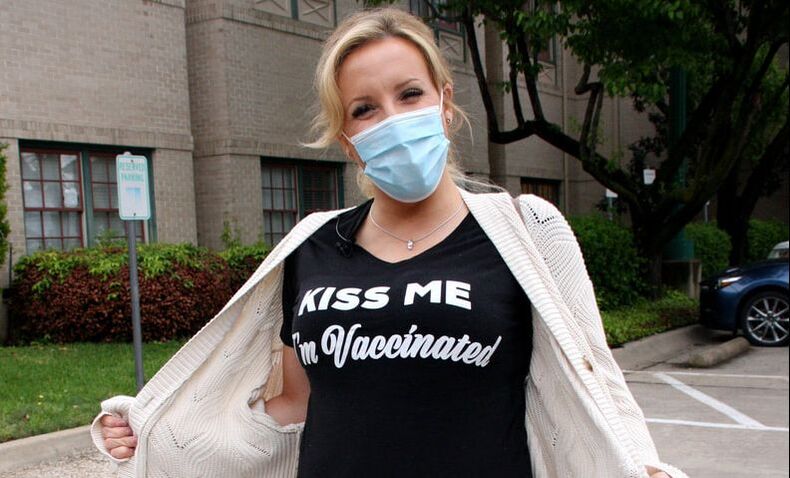 Dallas mom Heather Simpson was an anti-vax influencer until she realized her own health, and that of her daughter, really were at stake. She followed the science and got her shot. “It’s nice to know that I’m going to be protected against COVID,” she says. “This is the way to end this pandemic, and I’m glad to be able to do my part.” Just when we thought it was safe to take off our masks, the news has turned scary and confusing again. The State Department says “Do not travel to the United Kingdom due to COVID-19. Exercise increased caution due to terrorism.” (Great, something else to worry about!) It also says “Do not travel to Spain due to COVID-19. Exercise increased caution in Spain due to terrorism and civil unrest.” Friends in Spain say, "Nonsense, things are peaceful, come on over." The NY Times considers travel viable, as long as you dot all your i’s and cross all your borders with the correct documentation. “The welcome mat is being extended most enthusiastically to vaccinated travelers,” gushes Travel Weekly, adding more soberly, “Each country is able to set slightly different entry requirements, causing complications.” The European Union says, “EU countries have agreed on a coordinated approach to the restriction of free movement in response to the coronavirus pandemic.” The situation is changing so rapidly the only thing you can count on is that nobody has a firm grasp on what’s happening now, let alone what's next. One clear truth stands out: this virus isn’t finished with us. We’re still in a pandemic and we may have to give up a lot of plans and dreams that we’re holding dear. But as author Ally Condie says, “In the end, you can’t always choose what to keep. You can only choose how you let it go.” Letting go is never easy, and I find myself anxiously scrutinizing the present for clues about the future. Am I going to return safely to Seville in September? How bad will Delta get? Will I ever figure out what’s happening in my tool shed? Could it be a bizarre revenge plot by the ousted skunks? The Buddhists tell us that learning to live in mystery is good for the soul. If so, I think we’ll all be several notches closer to nirvana before the pandemic is finally over. How are you navigating the Delta Variant? Are you altering any plans over the next few months? Taking extra precautions? Let me know in the comments section below. YOU MIGHT ALSO ENJOY CLICK HERE
to sign up for my weekly travel tips and commentary about pandemic life, road trips, and happiness. FEEL FREE TO SHARE this article with family, friends, colleagues, and anyone who hasn't yet heard that Muskrat Love was voted one of the five worst songs of all time. https://www.enjoylivingabroad.com/my-blog/travel-in-the-time-of-muskrat-love |
This blog is a promotion-free zone.
As my regular readers know, I never get free or discounted goods or services for mentioning anything on this blog (or anywhere else). I only write about things I find interesting and/or useful. I'm an American travel writer living in California and Seville, Spain. I travel the world seeking eccentric people, quirky places, and outrageously delicious food so I can have the fun of writing about them here.
My current project is OUT TO LUNCH IN SAN FRANCISCO. Don't miss out! SIGN UP HERE to be notified when I publish new posts. Planning a trip?
Use the search box below to find out about other places I've written about. Winner of the 2023 Firebird Book Award for Travel
#1 Amazon Bestseller in Tourist Destinations, Travel Tips, Gastronomy Essays, and Senior Travel
BLOG ARCHIVES
July 2024
CATEGORIES
All
|
